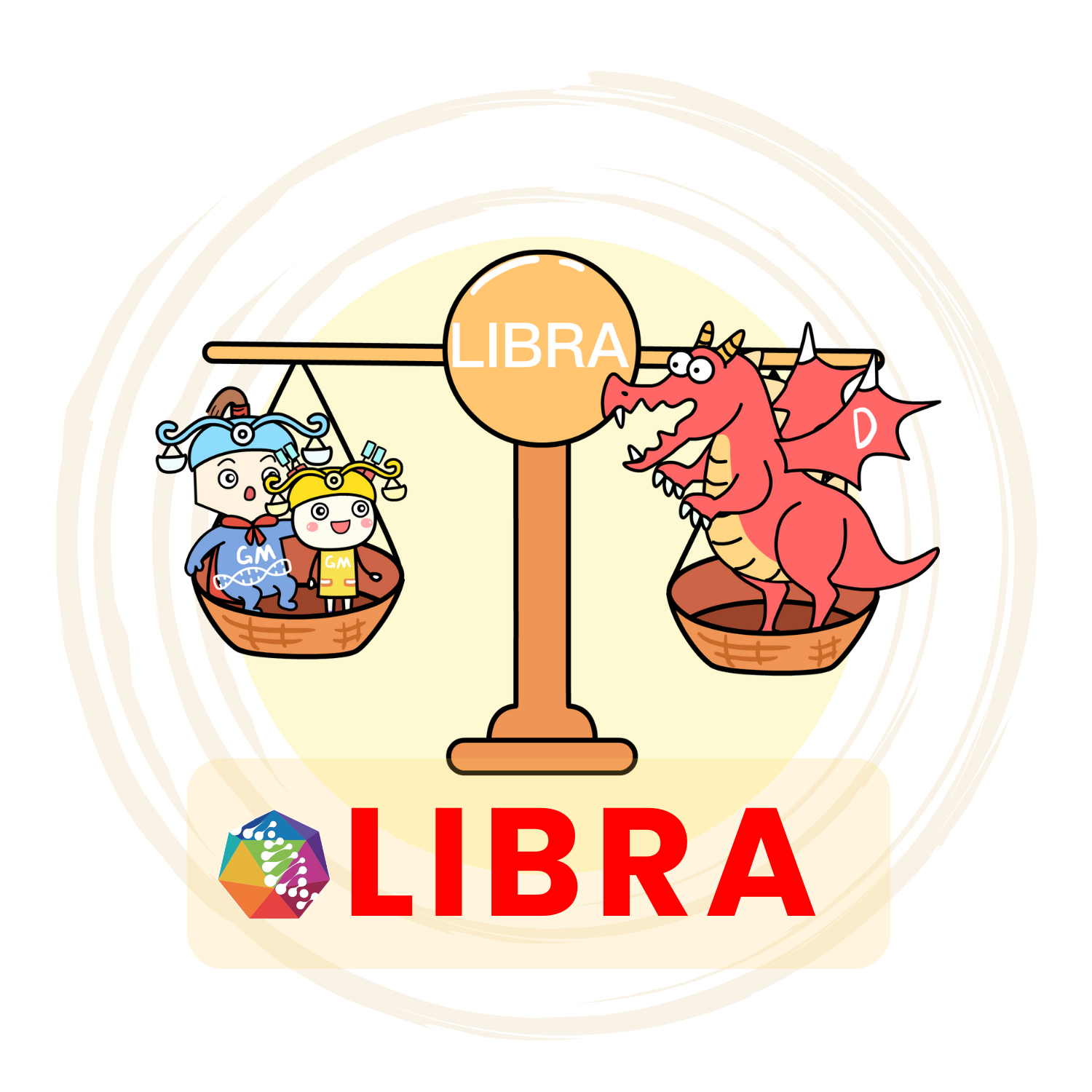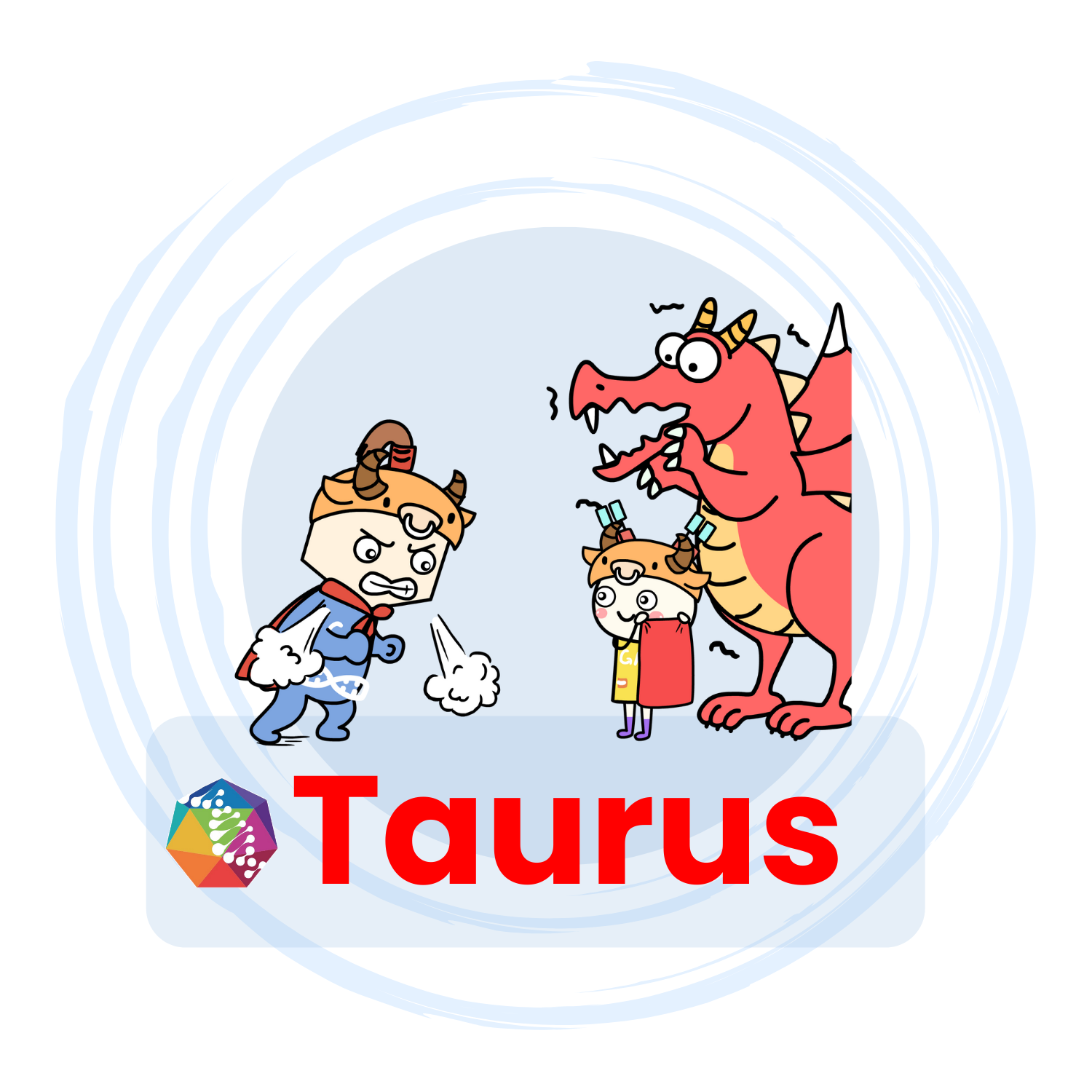Recombinant multi-species ITCH protein for cell curture, in vitro study, in vivo study, benchmark, drug discovery & MOA research and positive control for the diagnosis
Genemedi produces recombinant Human, Cynomolgus/ Rhesus macaque, Rat, Mouse, Feline, Canine, Bovine, Equine ITCH protein for cell curture, in vitro study, in vivo study, benchmark, drug discovery & MOA research and positive control for the diagnosis.
This gene encodes a member of the Nedd4 family of HECT domain E3 ubiquitin ligases. HECT domain E3 ubiquitin ligases transfer ubiquitin from E2 ubiquitin-conjugating enzymes to protein substrates, thus targeting specific proteins for lysosomal degradation. The encoded protein plays a role in multiple cellular processes including erythroid and lymphoid cell differentiation and the regulation of immune responses. Mutations in this gene are a cause of syndromic multisystem autoimmune disease. Alternatively spliced transcript variants encoding multiple isoforms have been observed for this gene. [provided by RefSeq, Mar 2012]
The Alternative Names of target: ITCH,E3 ubiquitin-protein ligase Itchy homolog,Itch,Atrophin-1-interacting protein 4 (AIP4), HECT-type E3 ubiquitin transferase Itchy homolog, NFE2-associated polypeptide 1 (NAPP1),AIF4,AIP4,ADMFD,NAPP1
 Go
to ITCH products collection
>>
Go
to ITCH products collection
>>
(antibodies,
antigen, VLP, mRNA, ORF viral vector, etc)
Product information
| Catalog No. | Product Name | Species Reactivity |
|---|---|---|
| GM-Tg-hg-T81240-Ab-1/ GM-Tg-hg-T81240-Ab-2 | Human ITCH protein | Human |
| GM-Tg-rg-T81240-Ab-1/ GM-Tg-rg-T81240-Ab-2 | Rat ITCH protein | Rat |
| GM-Tg-mg-T81240-Ab-1/ GM-Tg-mg-T81240-Ab-2 | Mouse ITCH protein | Mouse |
| GM-Tg-cynog-T81240-Ab-1/ GM-Tg-cynog-T81240-Ab-2 | Cynomolgus/Rhesus macaque ITCH monoclonal antibody | Cynomolgus/ Rhesus macaque |
| GM-Tg-felg-T81240-Ab-1/ GM-Tg-felg-T81240-Ab-2 | Feline ITCH protein | Feline |
| GM-Tg-cang-T81240-Ab-1/ GM-Tg-cang-T81240-Ab-2 | Canine ITCH protein | Canine |
| GM-Tg-bovg-T81240-Ab-1/ GM-Tg-bovg-T81240-Ab-2 | Bovine ITCH protein | Bovine |
| GM-Tg-equg-T81240-Ab-1/ GM-Tg-equg-T81240-Ab-2 | Equine ITCH protein | Equine |
Size: 1mg | 10mg | 100mg
Product Description
| Catalog No. |
GM-Tg-hg-T81240-Ab-1/ GM-Tg-hg-T81240-Ab-2;
GM-Tg-rg-T81240-Ab-1/ GM-Tg-rg-T81240-Ab-2;
GM-Tg-mg-T81240-Ab-1/ GM-Tg-mg-T81240-Ab-2; GM-Tg-cynog-T81240-Ab-1/ GM-Tg-cynog-T81240-Ab-2; GM-Tg-felg-T81240-Ab-1/ GM-Tg-felg-T81240-Ab-2; GM-Tg-cang-T81240-Ab-1/ GM-Tg-cang-T81240-Ab-2; GM-Tg-bovg-T81240-Ab-1/ GM-Tg-bovg-T81240-Ab-2; GM-Tg-equg-T81240-Ab-1/ GM-Tg-equg-T81240-Ab-2 |
| Products Name | ITCH protein |
| Species | Human, Cynomolgus/ Rhesus macaque, rat, mouse, Feline, Canine, Bovine, Equine |
| Target Name | ITCH |
| Protein Sub-location | Introcelluar Protein |
| Isotypes | Recombinant protein |
| Expression platform | Mammalian cell |
| Bioactivity validation | Affintiy&bioactivity validated by ELISA, cell culture validated. |
| Tag | His |
| Products description | Recombinant Human, Cynomolgus/ Rhesus macaque, Rat, Mouse, Feline, Canine, Bovine, Equine ITCH protein was expressed in mammalian cell expression system and is expressed with 6 HIS tag at the C-terminus for cell culture, ELISA or other affinity binding assay or functional assay development, animal model development, PK/PD model development (Pharmacokinetics & Pharmacodynamic). |
| Purity | Purity: ≥95% (SDS-PAGE) |
| Application | In vitro study, in vivo study, benchmark, positive control for the diagnosis. Biological drug disovery including cell culture, assay development, animal model development, PK/PD model development (Pharmacokinetics & Pharmacodynamic) and mechanism of action (MOA) research. |
| Formulation & Reconstitution |
Lyophilized from GM's Protein Stability Buffer2
(PSB2,Confidential Ingredients) or PBS
(pH7.4); For PSB2, reconstituted with 0.9% sodium chloride; For PBS, reconstituted with ddH2O. |
| Storage | Store at -20℃ to -80℃ under sterile conditions. Avoid repeated freeze-thaw cycles. |
Reference
About Gmab


GMab, developed by GeneMedi, constitutes an
advanced library of recombinant
monoclonal antibodies, each meticulously
designed to target specific molecular
entities. Leveraging the sophisticated
capabilities of GM’s Taurus™ and LIBRA™
platforms, GMab synthesizes antibodies
characterized by high binding affinity,
exceptional physicochemical stability, and
optimal developability profiles.
Through
expression in mammalian cell lines, GMab has
been established as a paradigmatic
reference antibody. It holds significance in
myriad domains of biological drug
discovery, encompassing cellular cultivation,
innovative assay methodologies,
strategic animal model systematization, in-depth
pharmacokinetic & pharmacodynamic
(PK/PD) modeling, and intricate mechanism of
action (MOA) investigations.


